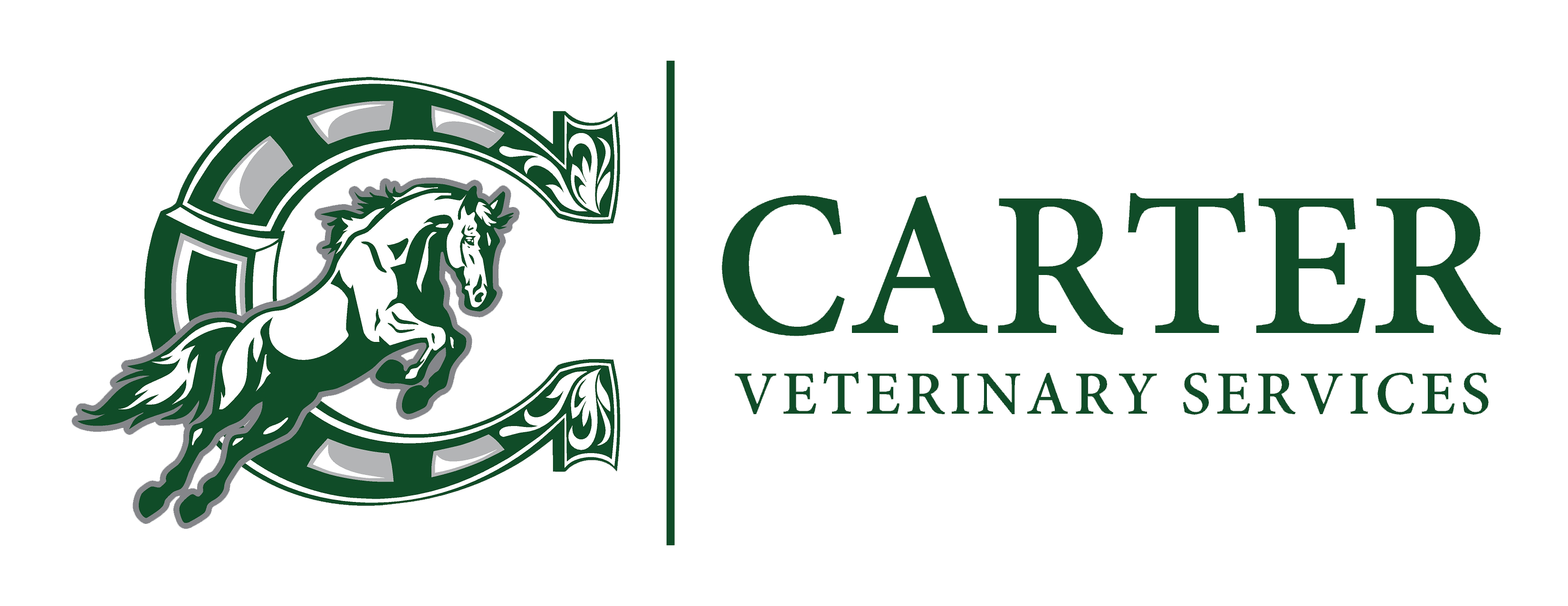Colic is a term that strikes fear into the hearts of horse owners everywhere. It refers to abdominal pain in horses and can range from mild discomfort to severe distress. Understanding the symptoms of equine colic is essential because ignoring or misinterpreting the signs can be life-threatening. As your trusted equine vet, Carter Veterinary Services aims to empower horse owners with knowledge. Learn equine colic symptoms, and then contact us today for equine care in the South Carolina Lowcountry.
Equine Colic Symptoms to Be Aware Of
Equine Colic Symptoms to Be Aware Of
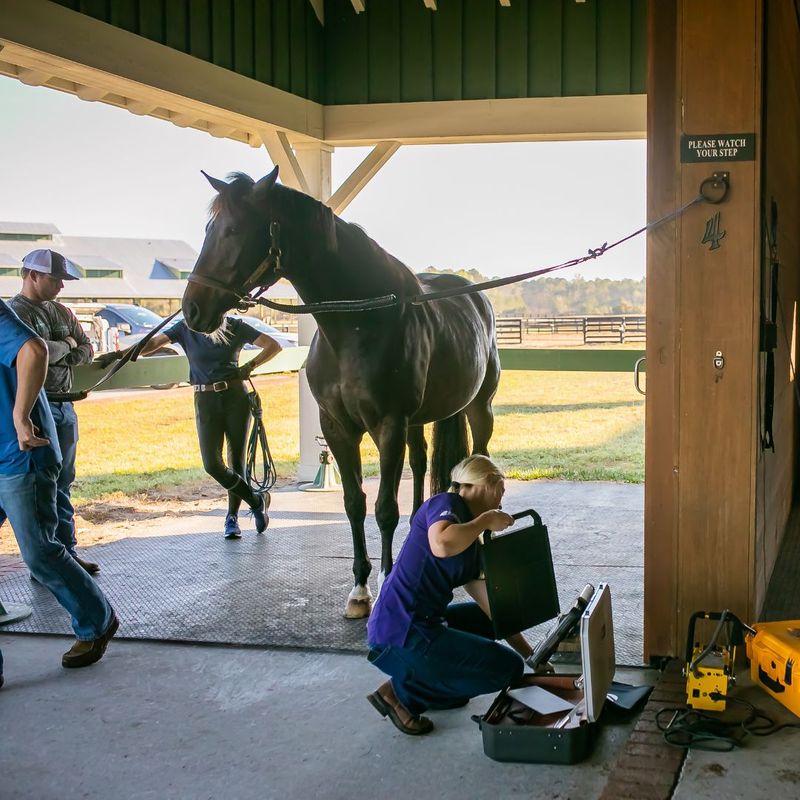
Restlessness and Agitation
One of the first signs of colic you may notice is your horse’s restlessness. An otherwise calm horse may show agitation, such as pawing the ground, pacing, or frequently looking at their flanks. This behavior is often an attempt to alleviate abdominal pain or discomfort. You might also observe your horse shifting weight from one foot to another or repeatedly lying down and standing up again. These signs indicate that your horse is uncomfortable and may warrant immediate examination.
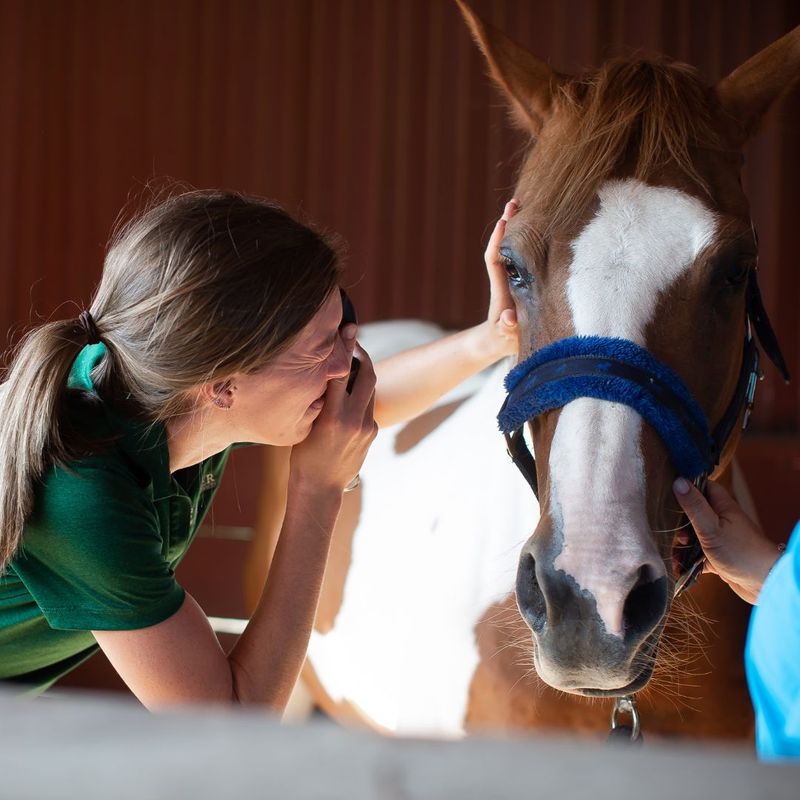
Lack of Appetite
If your horse suddenly turns its nose up at hay or grain they usually relish, this can indicate an underlying problem. Equine health experts stress the importance of monitoring your horse’s eating habits, as changes often signal distress. Along with a lack of appetite, you may notice that your horse drinks less water than usual, further compounding the issue. Decreased food and water intake can lead to dehydration, which is particularly dangerous for a horse suffering from colic.
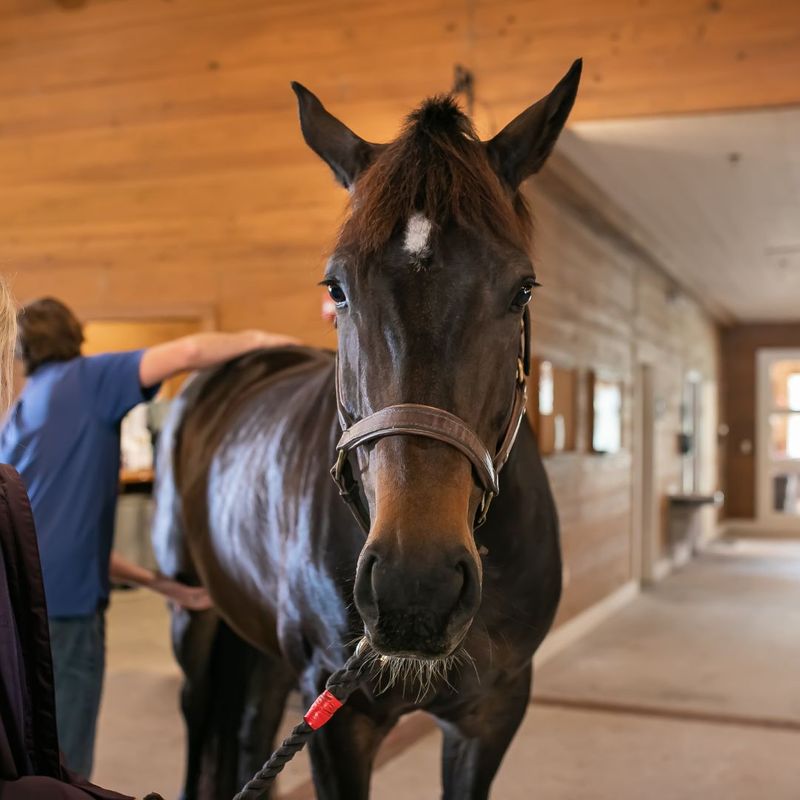
Abnormal Manure
Observing your horse’s manure is another important aspect of monitoring their health. Colic can lead to changes in fecal output, including a decrease in the number or size of manure. Some horses may produce small, dry clumps instead of well-formed balls. You may also notice a shift in the consistency, such as the presence of mucus or watery feces. These developments indicate that your horse's digestive system is not functioning optimally. If you observe any changes in your horse's manure alongside other symptoms, contact your veterinarian immediately.
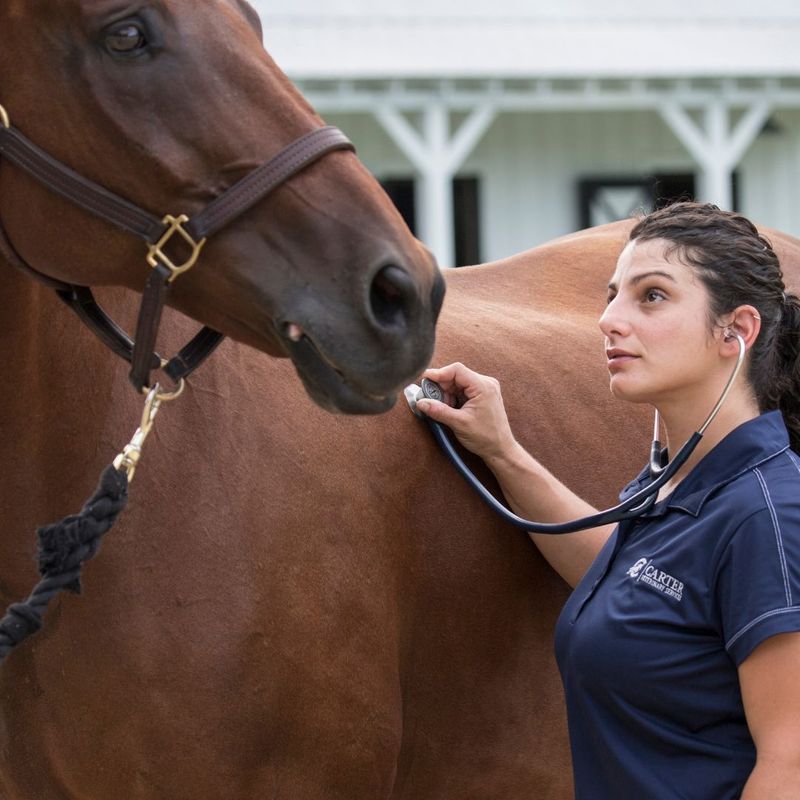
Elevated Heart Rate
Another important symptom of equine colic is an elevated heart rate. You can often assess this by checking your horse's vital signs regularly. A healthy resting heart rate typically ranges from 28 to 44 beats per minute for horses. If you notice that your horse's heart rate exceeds this range, it could be an indicator of stress or pain, often associated with colic. You may also observe rapid breathing or sweating, pointing to the possibility of discomfort.
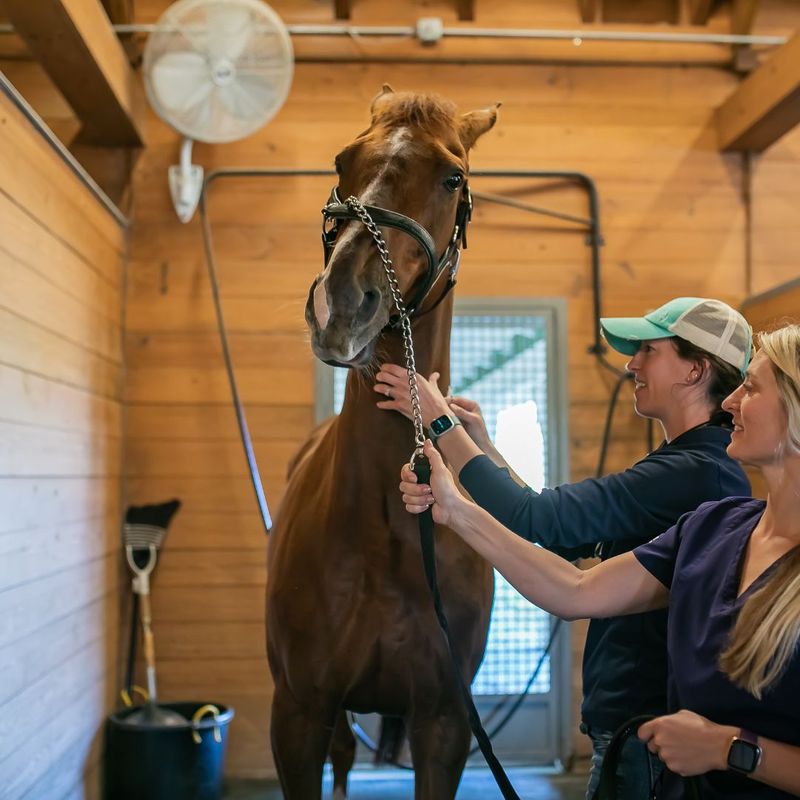
Behavioral Changes
Behavioral changes are often among the first signs that something is amiss with your horse. If your normally friendly horse becomes withdrawn or displays signs of anxiety, it could be a symptom of colic. You might see increased aggression, avoidance, or even a refusal to engage with familiar people and environments. Additionally, some horses may become more vocal, nickering or whinnying as a response to their discomfort. Changes in behavior can be subtle, so observe your horse closely.
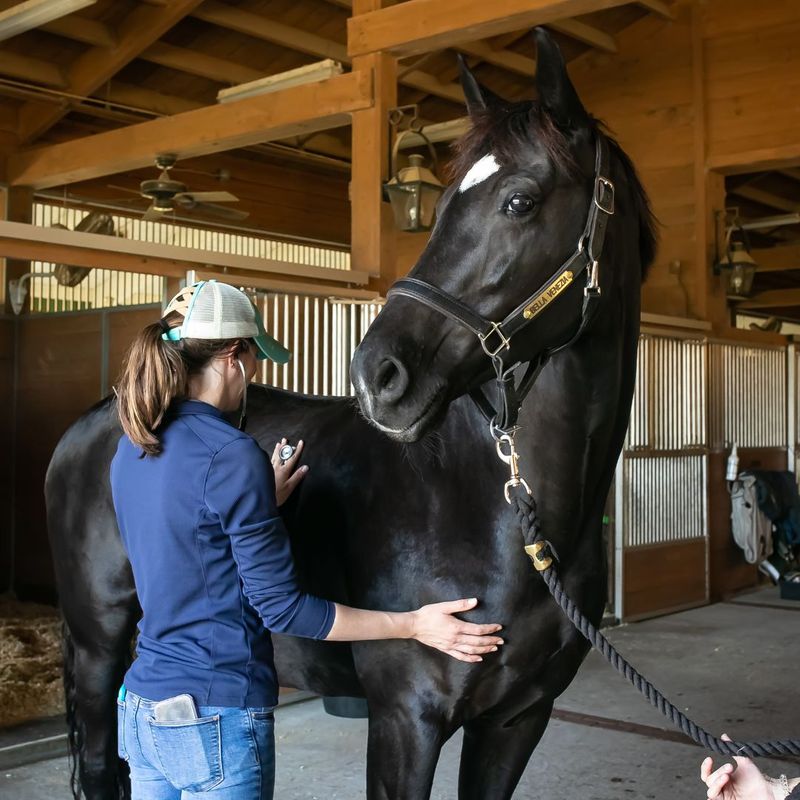
Signs of Distention
Swelling in the abdomen, or distention, is another critical symptom of colic. If your horse's belly appears bloated or larger than usual, this could be a red flag. Distention is often caused by excessive gas buildup or fluid accumulation in the gastrointestinal tract, which can be serious conditions. You might also observe signs such as kicking at the belly or rolling, which indicates discomfort. Abdominal distention can lead to severe complications if not assessed promptly, making it vital to consult an equine vet right away.
By being proactive and vigilant, horse owners can help ensure early detection of equine colic and effective treatment of this potentially serious condition. If you notice any of the symptoms discussed in this blog, reach out to Carter Veterinary Services in the South Carolina Lowcountry today.
